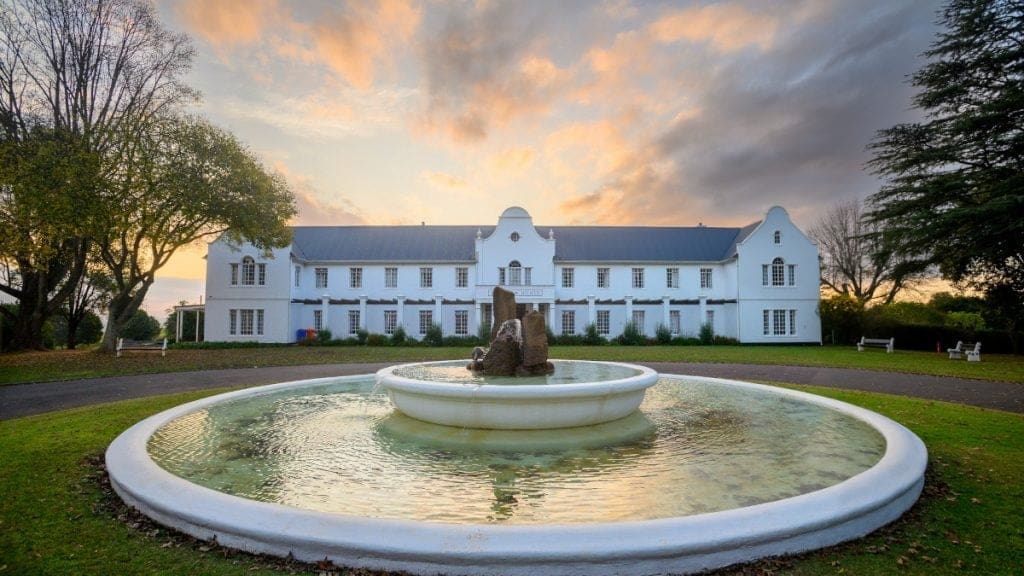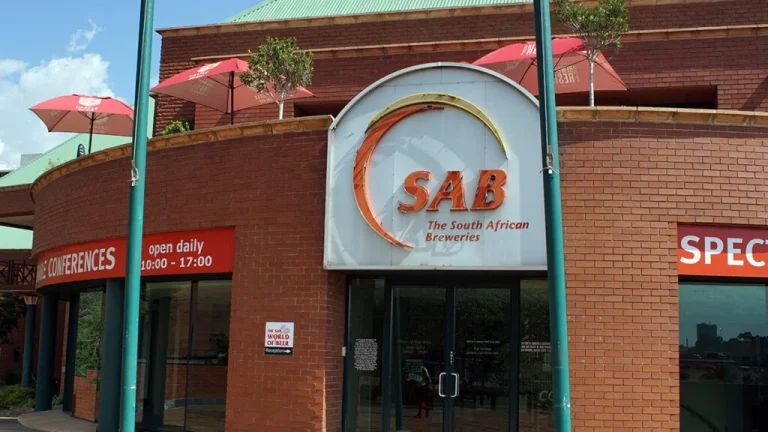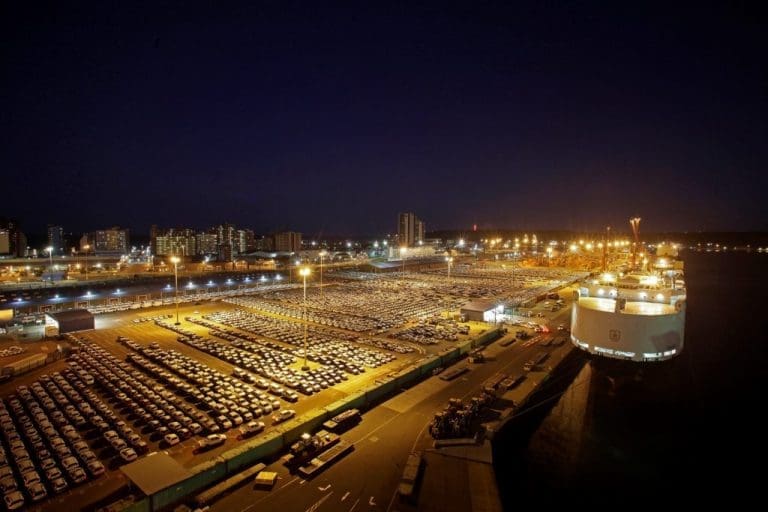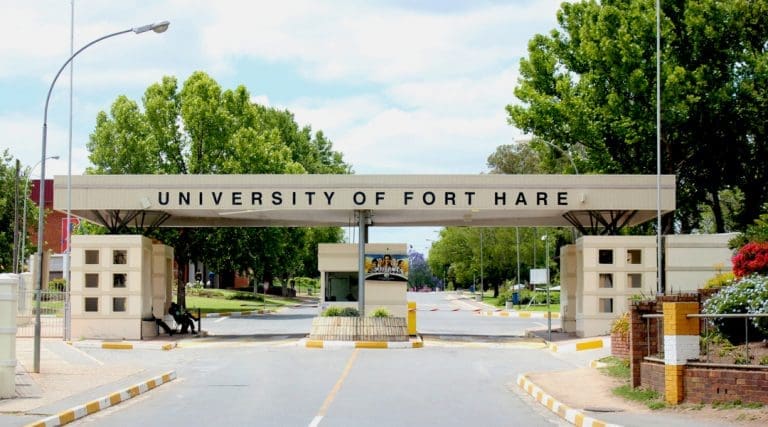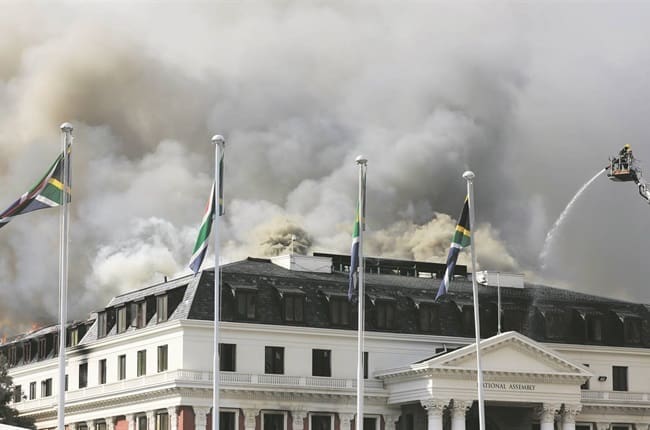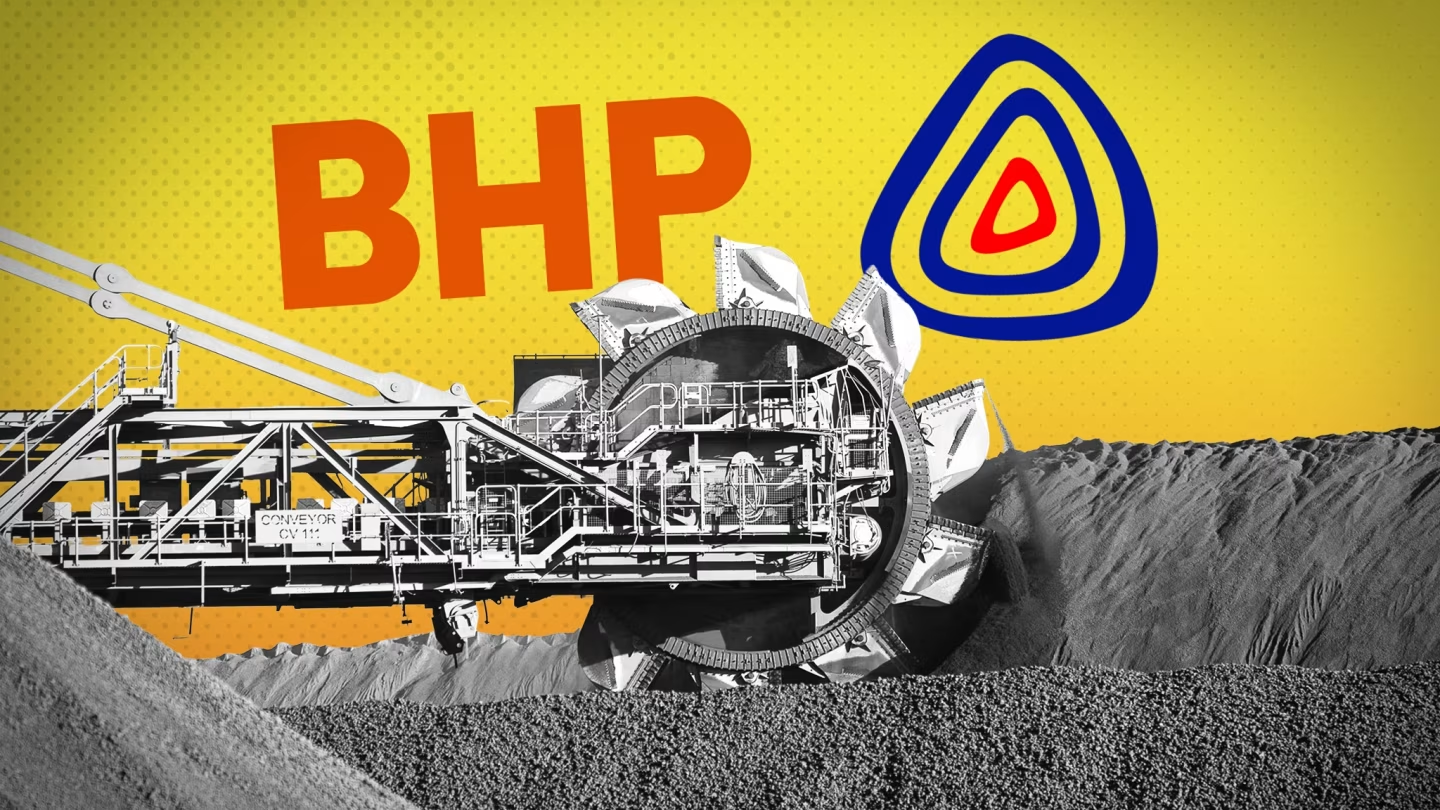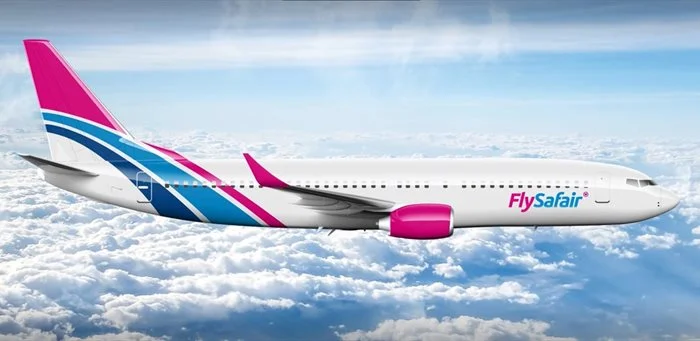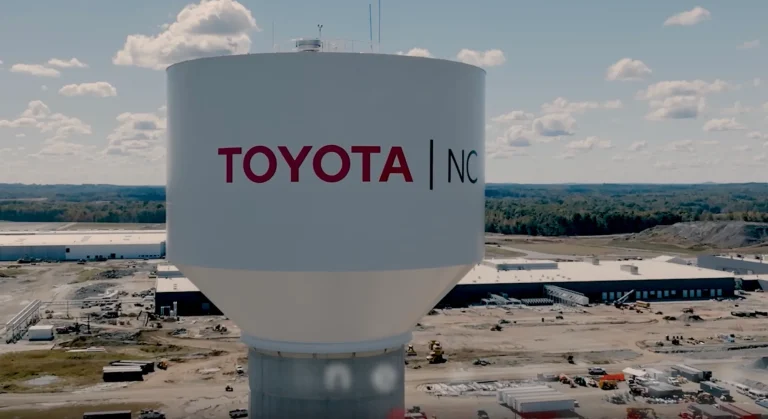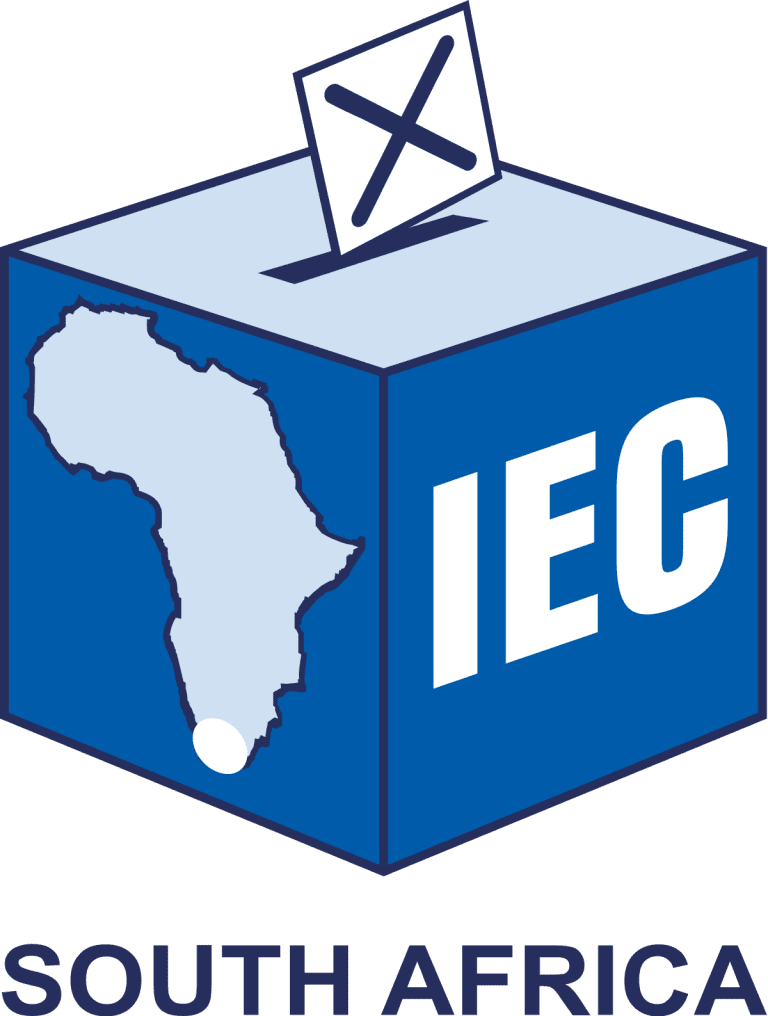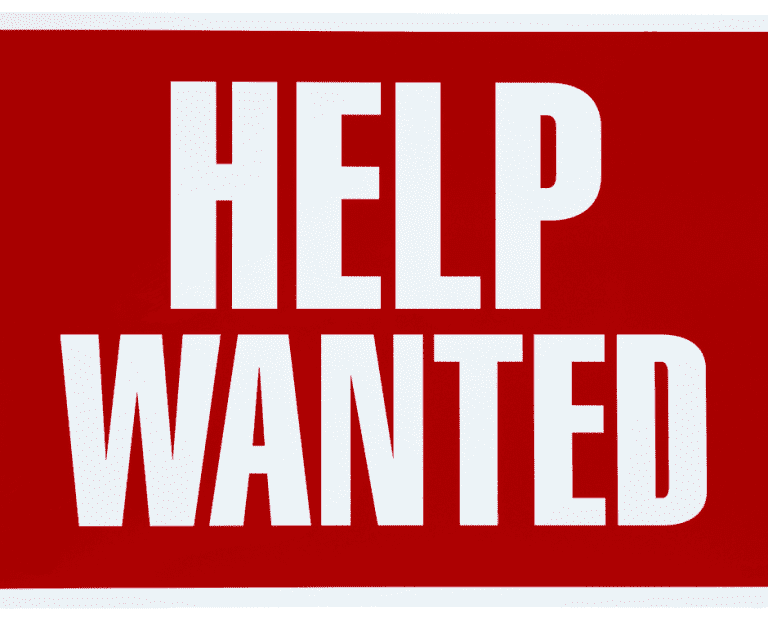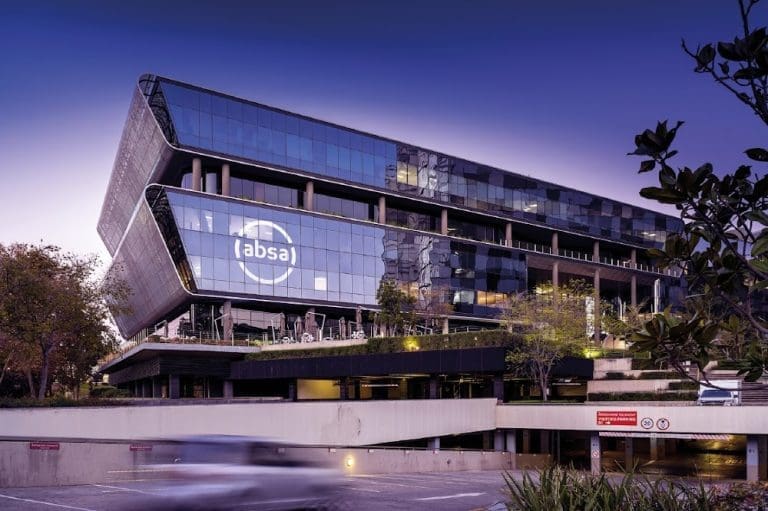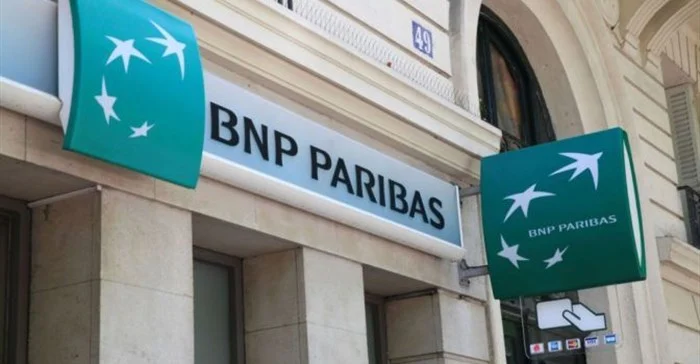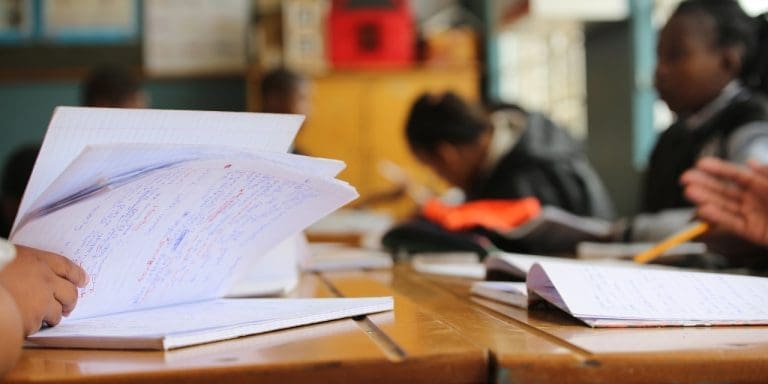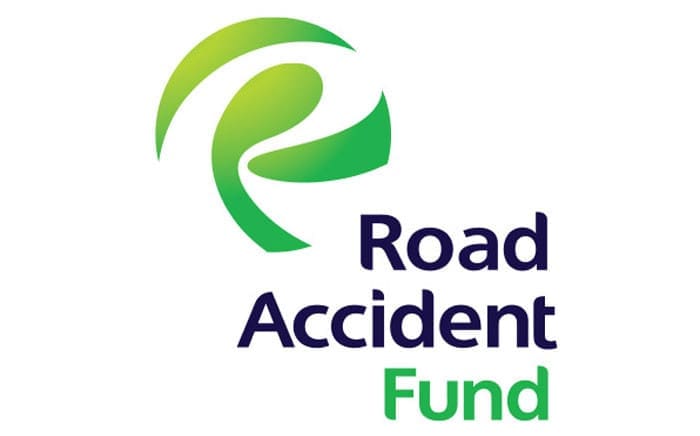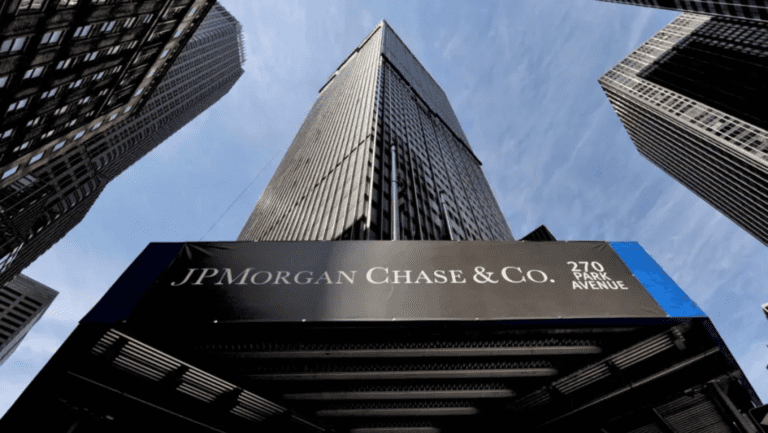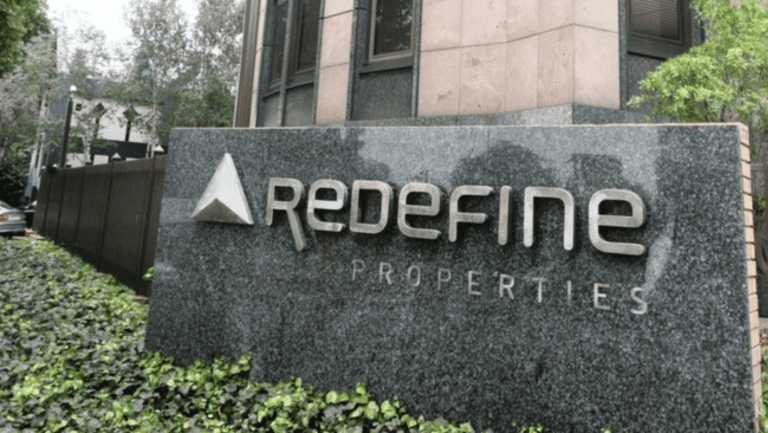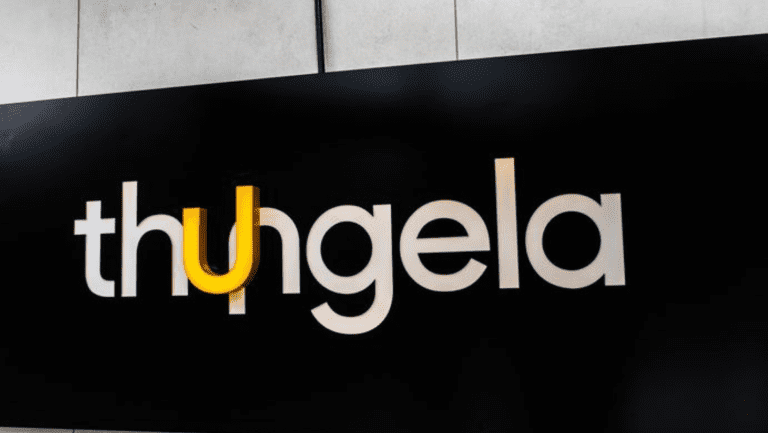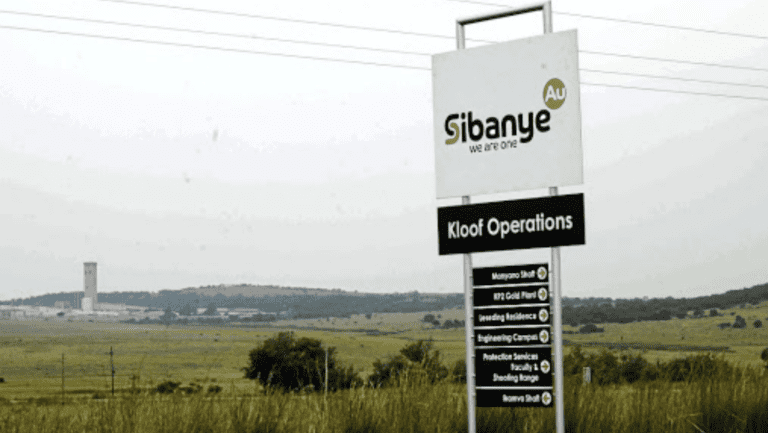In the past decade, South Africa has witnessed a staggering increase in private school fees, especially among elite institutions. According to data from Momentum, these fees have nearly doubled, with projections suggesting a potential tripling within the next decade. This upward trend in costs has significant implications for South African families, particularly considering the country’s economic landscape.
As of 2024, elite private schools in South Africa have implemented substantial fee hikes, with six out of the top ten most expensive institutions charging over R350,000 annually for boarding and tuition. Among them, Hilton College stands out as historically the most expensive, with fees nearing R400,000 per year. Situated in the scenic KZN Midlands, Hilton College boasts a long-standing legacy, having been founded in 1872 on vast sprawling grounds encompassing a wildlife reserve.
Notably, Hilton College, along with Michaelhouse, offers pure boarding education, distinguishing them from other private schools that provide day student options. While in 2014 Hilton was the sole institution with fees exceeding R200,000, by 2024, its tuition had surged by 90.3% to R397,660. Conversely, St Alban’s College in Pretoria exhibited the lowest fee increase over the same period, with a still substantial 81.7% hike to R328,920.
Despite being the most affordable among the top ten, Diocesan School for Girls (DSG) in Makhanda, Eastern Cape, experienced the highest percentage increase, doubling its tuition from R157,590 in 2014 to R323,040 in 2024—an alarming escalation of 104.9%. Similarly, Bishops College in Cape Town recorded a 103.1% increase.
These fee escalations outpace the country’s inflation rate, which averaged 64.6% over the same period, raising concerns about accessibility to quality education. Moreover, with the average take-home pay increasing by only 1% over the past seven years while inflation soared by 40%, South African families are experiencing a decline in disposable income. This financial strain is exacerbated by the rising costs of living, including education expenses.
Evidence of this financial strain is already evident, as highlighted in Curro Holdings’ recent trading statement, which cited challenges in enrolments, particularly among young families grappling with higher interest rates and constrained budgets. Consequently, there’s been a decline in enrolments in the lower grades of primary schools.
Looking ahead, Momentum’s data predicts a further escalation in private education costs, estimating an average annual fee of R192,127 by 2030. These projections underscore the urgency of addressing the affordability of education in South Africa.
In light of these developments, it’s imperative for policymakers, educational institutions, and stakeholders to collaborate on solutions to ensure that quality education remains accessible to all South Africans. This may involve exploring innovative funding models, enhancing financial aid programs, and promoting transparency in fee structures.
Ultimately, education is not merely an expense but an investment in the future of individuals and the nation as a whole. By addressing the affordability gap in private education, South Africa can strive towards a more equitable and prosperous society for generations to come.


